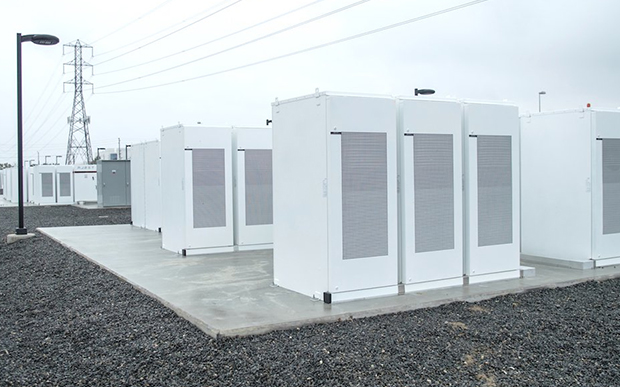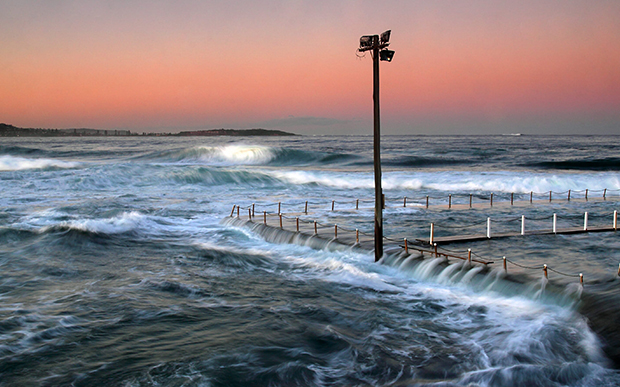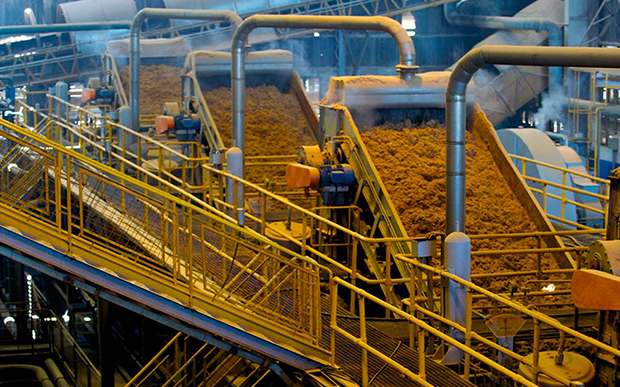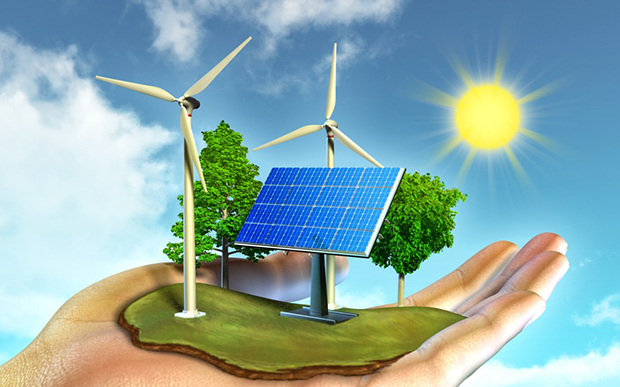The term renewable energy is a term you have probably heard severally. But, do you know what it is and where it comes from? Do we understand the impact on the environment?
Well, to put it loosely, renewable energy is energy generated from a source without a definite end. Therefore, renewable energy means the sources for energy production can be renewed and they are primarily from natural resources.
We take a keen look in breaking down renewable energy.
History of Renewable Energy
For a great time before industrial revolution, virtually all the energy was from renewable energy sources. From the earliest ‘waterwheels’ in the 200BC to the world’s largest concentrated power plant in Ivanpah, renewable energy has been part of human kind all through.
However, with the discovery of coal and oil during the industrial revolution around the 19th century, there was an introduction of non-renewable energy. However, the peak oil and the peak coal concepts led humans to look back into the energy options pre-coal and pre-oil.
The renewable energies were back only bettered by technologies. To date, the renewable sources are preferred but with better technologies to make them more contemporary.
What are the types of Renewable Energy?
Hydroelectricity
Hydroelectricity is the use of running water to generate electricity. The concept has been around for a long time and to date it still used to date. Projections show that the form is most likely to be used in the future after oil exploitation is complete.
Pros
• Lowest cost energy in production, delivery and maintenance
• One of the cleanest energy forms
• The dams that are used in production can also serve other purposes economically
Cons
• Failure of the Dams is potentially hazardous as it can cause deaths, displacements and massive destruction
Solar Energy

Solar energy is energy from the sun. The interest of pursuing solar energy did not come till the 19th century but there are opinions that this should have happened earlier than that. There are two types of solar energy; the concentrated solar power and photovoltaic.
Currently, solar energy is underdeveloped but research going on shows it will be very key an energy source in the future.
Pros
• Very cost effective. Ranks second in power saving
Cons
i. Efficiency pegged to weather
ii. Solar panels must be placed carefully to get maximum out of it
iii. The expense of Batteries to store the energy.
Wind Power

Wind power in energy generated by wind through windmills. The energy is among the most controversial energy source in the world. The argument is between those who propose that it is a great way of harnessing energy against those who feel windmills are no good just a blockade of natural landscape views.
To date, the energy source is not acceptable in all countries.
Pros
i. Wind is a constant part of weather changes hence is sustainable.
ii. Turbines can be adjusted to get the maximum energy based on weather prediction
iii. Arguably the Cheapest energy source.
Cons
i. Depends on weather changes.
ii. Geographic limitations with this kind of energy. To get the best out of it you have to set the wind mills in a certain geographical area
Tidal Power

Tidal power uses generators to generate electricity from ocean tides. The generators used are; Tidal lagoons, tidal barrage, steam generators and Dynamic tidal power.
Pros
i. Tidal power is more predictable than solar and wind power
ii. Low input high output dynamics
Cons
i. High cost technology delaying its exploitation.
Biomass and Biofuels

Biofuels is energy derived loosely from living things; animals and plants. The extracted fuels are then used in the running of machinery.
Biomass on the other end is energy derived from waste organic material. That is from death plants and animals, animal dropping and so on.
Pros
i. A very flexible energy form in terms of source
ii. Localization
Cons
I. Low energy output
Geothermal

Geothermal energy is energy that has been harnessed from the earth’s heat loss processes. The processes include radioactive decay, volcanic activity and natural heat loss. When talking about geothermal energy hot springs comes up.
The hot springs are the indication of the heat processes of the earth. Besides, they have been with us for a long while.
Pros
i. One of the cleanest energies available
ii. High output energy source
Cons
i. High expense before setting up a geothermal plant
Why we need renewable energy over non-renewable energy
1. For Economic stability
Renewable energy offers constant and stable energy. Therefore, the prices of the energy forms will be largely constant. Therefore, the economy will benefit largely by becoming stable.
2. For Health of the public
Non-renewable energy such as coal extraction or mining presents a danger to human health something that is eliminated by a huge margin in the renewable energy.
3. Offer Environmental friendly energy
As the oil reserves reduce, there is need to drill for longer periods and deeper to get the oil. Therefore, posing a major environmental hazard hence there is need for renewable energy which is more environments friendly.
4. Energy sustainability and security
Fossil fuels are limited. This is a fact that is well understood. Therefore renewable energy presents with the ideal option in offering the world with energy security which is also sustainable .
Economic Impact of the Renewable energy

Renewable energy presents with the following economic benefits;
1. Improving cost of living
This is primarily the most beneficial benefit of the energy sources. The energy sources are cheaper compared to fossil fuels; there they will stabilize the economy. The stable economy will translate to a lower living cost.
2. Job creation
Jobs created by the production plants of the energy will benefit the locals where the production happens.
3. Localization
Localization is important in the sense that the economic benefit of production goes directly to the pockets of the locals. Improving their lifestyle and promoting the local community.
There is a gap before we reach 100% renewable energy. However, it’s also clear that the future of energy is renewables. The renewable energy concepts may require a touch here and there but there will be 100% coverage in the near future.

